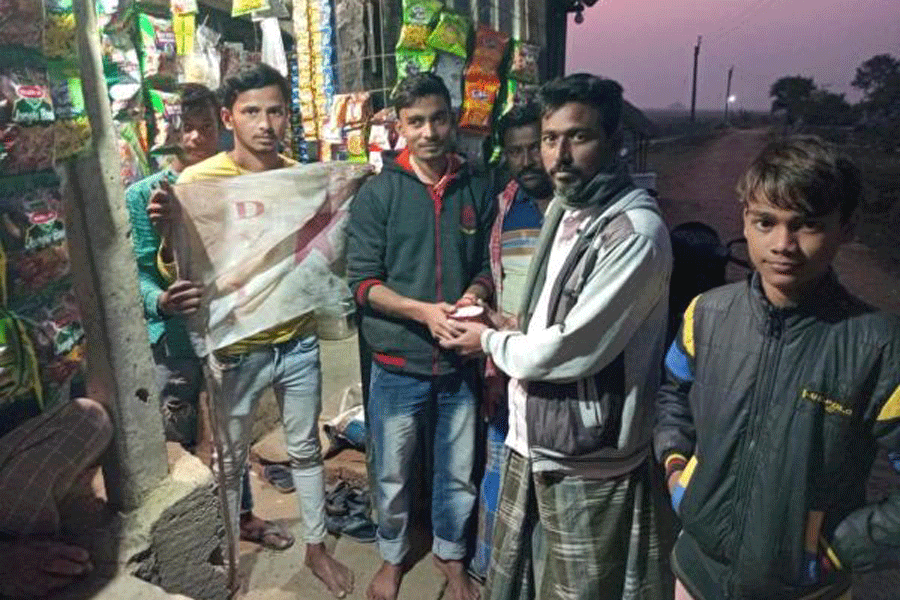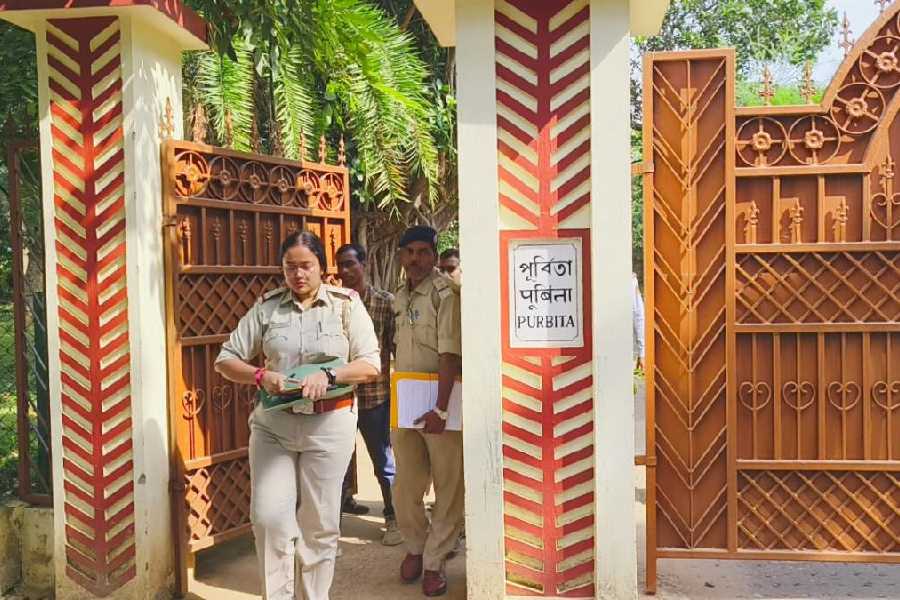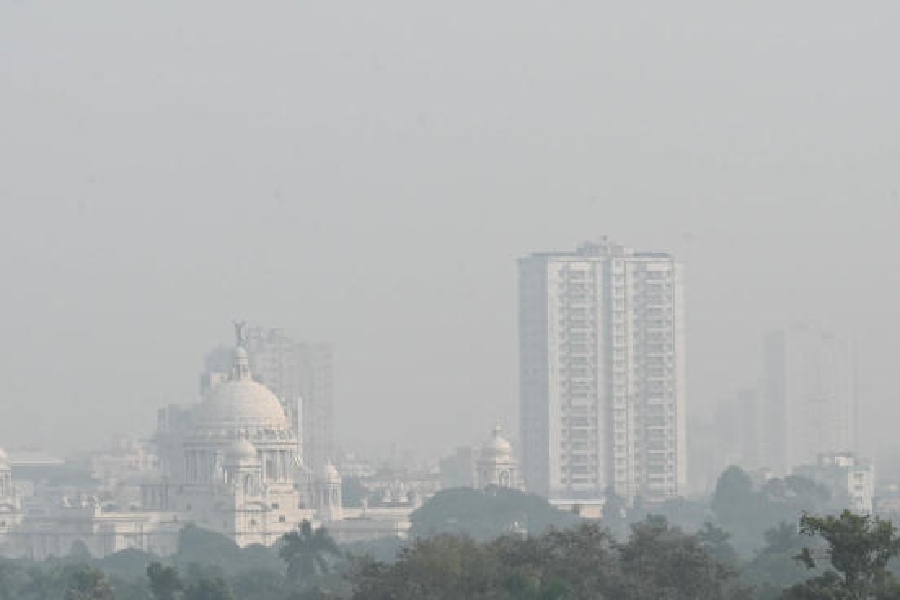The Indian communist party and the lessons of history
Can the Left learn from the rise of fascism in Europe?

Rewind to 1923 and Italy.
The Fascist Party of Benito Mussolini has grown to become the nation's most potent political force. In both the streets and the parliament, the communists, headed by the legendary Marxist Antonio Gramsci, are fighting tooth and nail against the fascists. Gramsci is still committed to bringing the Opposition together. By joining forces with the socialists and liberal democrats, he is attempting to create a strong political constellation. His attempts are thwarted by the sectarians in his party, headed by Amadeo Bordiga, and the desperately required unity against the advancing fascists does not materialize.
Mussolini takes advantage of the terrible divisions among the opposition to seize total control. After succeeding in his goal, he turns his focus on his political foes. Repression of the cruelest kind starts. The communists are the ones who suffer the most from his ruthless attacks. Gramsci is given a 10-year term in jail, where he slowly deteriorates, but not before finishing his eloquent jail Notebooks.
Rewind to 1933 in Germany.
The National Socialist Party of Adolf Hitler, often known as the Nazis, wins 33% of the popular vote and becomes the country's most powerful political party. The majority is made up of communists, social democrats, and Christian democrats. Once again, they abjectly fail to present a unified front in opposition to the Nazis. In Berlin, Bremen, Hamburg, and other cities, the communists fight the Nazis alone in bloody street brawls.
But they are surrounded, ruled over, and defeated. Great authors who are exiled include Thomas Mann and Bertolt Brecht. Hitler seizes all power, following in the footsteps of Mussolini and with the aid of President Hindenburg. In the aftermath, Hitler transfers hundreds of liberals, socialists, and communists to the death camps. The latter paid dearly for their failure to unify at a pivotal time. Once again, the greatest victims of Nazi tyranny in Germany were the communists.
The fact that both Mussolini and Hitler exploited the democratic process to ascent the power ladder in the initial phase merits special attention in this context. Later, they undermined the democratic system and seized total power by taking advantage of the Opposition's disarray.
Time travel to India in 2023.
What have the leaders and cadres of the Indian communist party learned from these two horrific events is the burning question.
More than any other group, communists assert that they are diligent historians. What have they learned from history? Or, perhaps more crucially, have they been able to identify the fundamental political conflict that now characterizes Indian politics? Which group represents their most ardent adversary, the Trinamul Congress in Bengal and the Congress in Kerala, or the BJP, Hindutva, and Sangh parivar?
In Kerala, where the Congress and the communists actively oppose the BJP, the issue is significantly less problematic. Together, they will win the majority of the seats, if not all of them. A single "secular" candidate backed by both the Congress and the communists would be the best course of action if the BJP seemed to be just slightly stronger in one or more constituencies.
The BJP, for its part, would vehemently criticize the "mock-amity" and "hypocritical duplicity" of the two rivals, although one might afford to snub this with arrogance. In other words, the Congress and the communists should not be concerned that the BJP would attempt to use all of its arrows to mock them.
Evidently, the situation in Bengal, where the BJP hopes to win 35 Lok Sabha seats, is more complicated. Amartya Sen's portrayal of the BJP and the Sangh parivar as the feared representatives of "communal fascism" has been adopted by both the centrist-secular governing group Trinamul and the Left-secular force, represented by the CPM.
Despite their agreement at the level of analysis, the two political parties have not yet shown any indications of political accommodation. It must be acknowledged that the winning Trinamul has shown to be less rigid in this specific area.
Contrarily, the CPM has opted to maintain its position of intransigence over Trinamul's widespread lumpen agitation during the panchayat elections. The violent past of the CPM is no less odd in light of this explanation. The Left Front has also used violence, from torching Ananda Margis in broad daylight to the bloodbath in Nandigram, with Marichjhapi, Garbeta, Keshpur, and other heinous acts thrown in between.
Critics charge Trinamul of being utterly corrupt and lumpen from the inside out. However, Trinamul has not carried out any atrocities akin to those in Gujarat in 2002 or Manipur in 2023.
Is it not desirable that Trinamul, the Left, and the Congress reach some type of minimal accommodation in Bengal and put up a magnificent example of political cohabitation if this is the scorching reality that stares us in the face? Even if nothing else, the sad events in Rome and Berlin should cause the Left and others to think again—and quickly.
Any plan that results in a pointless split of the anti-BJP vote would only benefit the main rival. As far as feasible and practical, one-on-one combat should be the deciding factor.
I am now reminded of the illuminating response of a very senior CPM member, a respected professor, who was quite anxious before to the most recent Bengali Assembly elections. He called many times on the day of the count to ask about the trend. He was clearly pleased and "delighted" with the result when he finally learned Trinamul had crushed the BJP.
But aren't you a loyal party supporter? I queried.
No matter how much I loathe Trinamul, it has successfully stopped the spread of communal fascism in West Bengal, was his emphatic response.
This committed party member is also a committed historian. He has learned the important lessons.
We should not forget his great relief at our nation's turning moment.





















































